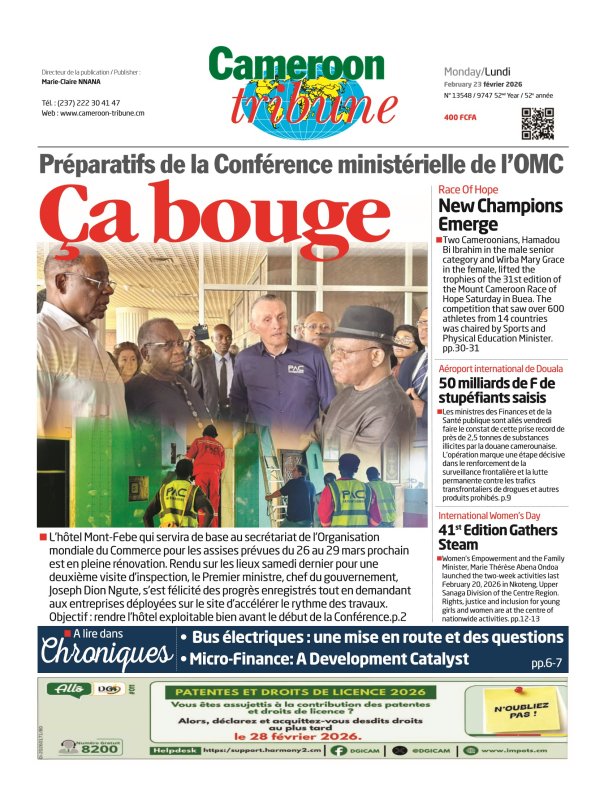Respect Commitments
- Par Eldickson Agbortogo
- 22 Jun 2022 11:13
- 0 Likes
When President Felix Tshisekedi came to power five years ago, many in the region were of the opinion that a new era of regional cooperation was unfolding. Though his ascension to office was marred by accusations of vote-rigging in the 2018 presidential election, he quickly pushed aside these hurdles to seek rapid solutions to the tensions pitting his country to Rwanda. While the DR Congo under former President Joseph Kabila accused Rwanda of supporting the M23 rebels, Rwandan authorities on their part accused Congolese officials of sponsoring the Hutu rebels to destabilise the country and overthrow President Kagame. Because of these accusations and counter accusations, relations hit a low several months before President Felix Tshisekedi came to power.
But despite these frictions, President Felix Tshisekedi pushed for regional reconciliation by showing and expressing his willingness to work with a range of neighbours. His hand of peace was accepted by Rwanda and a new framework for cross-border operations was put in place as well as bilateral agreements. In an apparent response to Rwanda’s proposal, Congolese army outlined a potential arrangement under which forces from neighbouring countries could launch offensives against militias. Furthermore, Paul Kagame and Felix Tshisekedi promised to “build bridges and not walls” between their two countries. “Problems in Rwanda often become problems in the DRC and vice versa. We cannot solve them alone,” the Rwandan President Kagame said, while meeting his Congolese counterpart for the second time on 26 March 2019 in Kigali. “Our countries will remain neighbours for life. Going to war is a waste of time,” Tshisekedi said.
Several months after, it is clear that these proposals and commitments have not proven feasible as their relationship is deteriorating with the resurgence of the M23 movement in ...
Cet article complet est réservé aux abonnés
Déjà abonné ? Identifiez-vous >
Accédez en illimité à Cameroon Tribune Digital à partir de 26250 FCFA
Je M'abonne1 minute suffit pour vous abonner à Cameroon Tribune Digital !
- Votre numéro spécial cameroon-tribune en version numérique
- Des encarts
- Des appels d'offres exclusives
- D'avant-première (accès 24h avant la publication)
- Des éditions consultables sur tous supports (smartphone, tablettes, PC)











Commentaires